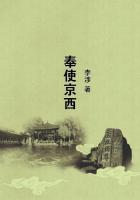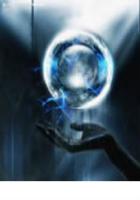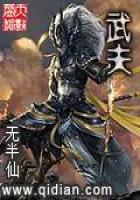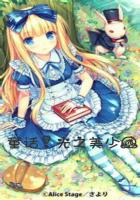Of the distinctive potency of each of the faculties of sense enough has been said already.
But as to the nature of the sensory organs, or parts of the body in which each of the senses is naturally implanted, inquirers now usually take as their guide the fundamental elements of bodies. Not, however, finding it easy to coordinate five senses with four elements, they are at a loss respecting the fifth sense. But they hold the organ of sight to consist of fire, being prompted to this view by a certain sensory affection of whose true cause they are ignorant.
This is that, when the eye is pressed or moved, fire appears to flash from it. This naturally takes place in darkness, or when the eyelids are closed, for then, too, darkness is produced.
This theory, however, solves one question only to raise another;for, unless on the hypothesis that a person who is in his full senses can see an object of vision without being aware of it, the eye must on this theory see itself. But then why does the above affection not occur also when the eye is at rest? The true explanation of this affection, which will contain the answer to our question, and account for the current notion that the eye consists of fire, must be determined in the following way: Things which are smooth have the natural property of shining in darkness, without, however, producing light. Now, the part of the eye called 'the black', i.e. its central part, is manifestly smooth. The phenomenon of the flash occurs only when the eye is moved, because only then could it possibly occur that the same one object should become as it were two. The rapidity of the movement has the effect of making that which sees and that which is seen seem different from one another. Hence the phenomenon does not occur unless the motion is rapid and takes place in darkness. For it is in the dark that that which is smooth, e.g. the heads of certain fishes, and the sepia of the cuttle-fish, naturally shines, and, when the movement of the eye is slow, it is impossible that that which sees and that which is seen should appear to be simultaneously two and one. But, in fact, the eye sees itself in the above phenomenon merely as it does so in ordinary optical reflexion.
If the visual organ proper really were fire, which is the doctrine of Empedocles, a doctrine taught also in the Timaeus, and if vision were the result of light issuing from the eye as from a lantern, why should the eye not have had the power of seeing even in the dark? It is totally idle to say, as the Timaeus does, that the visual ray coming forth in the darkness is quenched. What is the meaning of this 'quenching' of light? That which, like a fire of coals or an ordinary flame, is hot and dry is, indeed, quenched by the moist or cold; but heat and dryness are evidently not attributes of light. Or if they are attributes of it, but belong to it in a degree so slight as to be imperceptible to us, we should have expected that in the daytime the light of the sun should be quenched when rain falls, and that darkness should prevail in frosty weather. Flame, for example, and ignited bodies are subject to such extinction, but experience shows that nothing of this sort happens to the sunlight.
Empedocles at times seems to hold that vision is to be explained as above stated by light issuing forth from the eye, e.g. in the following passage:-As when one who purposes going abroad prepares a lantern, A gleam of fire blazing through the stormy night, Adjusting thereto, to screen it from all sorts of winds, transparent sides, Which scatter the breath of the winds as they blow, While, out through them leaping, the fire, i.e. all the more subtile part of this, Shines along his threshold old incessant beams:
So [Divine love] embedded the round "lens", [viz.]
the primaeval fire fenced within the membranes, In [its own] delicate tissues;And these fended off the deep surrounding flood, While leaping forth the fire, i.e. all its more subtile part-.
Sometimes he accounts for vision thus, but at other times he explains it by emanations from the visible objects.

